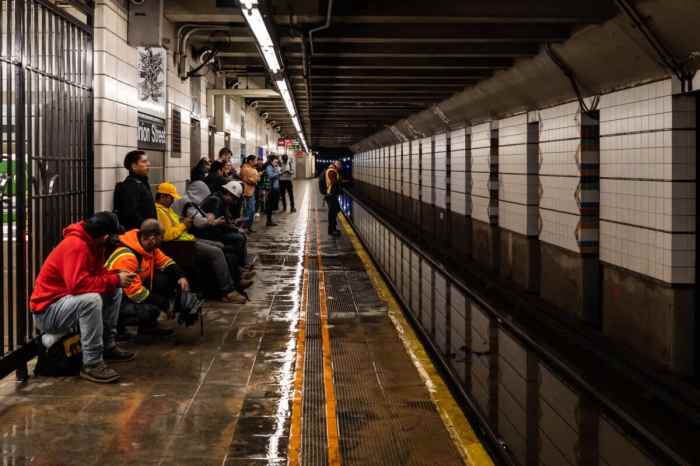Federal court finds economic disadvantage no grounds for immigration
A unanimous three-judge panel of the U.S. 9th Circuit Court of Appeals in San Francisco rejected an asylum claim by Belinda Burog-Perez, a lesbian from the Philippines, who was seeking review of a decision by the Board of Immigration Appeals.
This was the third asylum bid lost by a gay applicant in federal appeals courts in recent weeks.
Under international treaties and federal law, foreign citizens may seek asylum in the United States based on past persecution from which they are escaping or future persecution that they reasonably fear. To win asylum based on past persecution, the petitioner has to show “an incident, or incidents, that rise to the level of persecution” based on being in a recognized social group. The persecution must either be carried out by government officials, or by private individuals under circumstances that the government is unwilling or unable to prevent.
Unfortunately for Burog-Perez, who is a dentist and claims her patients left her practice when they learned of her sexual orientation, United States law does not generally recognize mere economic disadvantage as sufficient grounds for asylum.
“When persecution based on purely economic harm is alleged, we have required a showing of ‘a probability of deliberate imposition of substantial economic disadvantage,’” the court wrote. “Ms. Burogs’ allegation that some private individuals chose to bring their business to another dentist for discriminatory reasons falls short.”
The court also found that Burog had not presented any evidence concerning “the Philippine government’s inability or unwillingness to address” her situation.
As for demonstrating a “well-founded fear of future persecution,” the court rejected Burog’s assertion that “she would not be able to find a job given her appearance as a lesbian” as sufficient grounds for asylum. Burog offered general evidence of discrimination against gay people in Philippine society, including exclusion from the military service and occasional physical harassment of gay men congregating in Manila, but the court found little relevance of this to her specific situation. The court also discounted her evidence that in Maguidanao province there had been reports that local Muslim and paramilitary leaders had forced gays to leave under threat of physical harm, since there was no evidence that she would have to live in that province.
Ten years ago, then-Attorney General Janet Reno designated an immigration ruling that gay people are a recognized social group for purposes of asylum as an official precedent, but in any particular case it is necessary for an applicant to present convincing evidence that they have been severely persecuted because for being gay, or that such persecution in their home country is commonplace.
In the past two weeks, several gay asylum applicants have failed to meet this burden, according to the federal courts, including a lesbian from Armenia, denied asylum, also by the appeals court in San Francisco, and a gay man from Brazil, whose asylum appeal was rejected by the 4th Circuit Court of Appeals in Richmond.


































